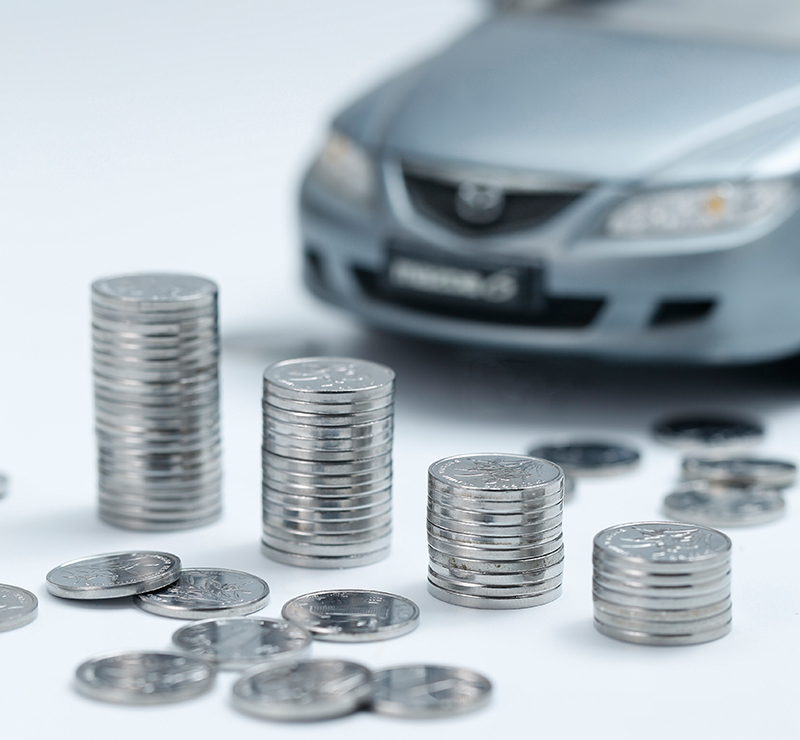How to save fuel?
Myths to avoid
There are many ways in which you can save gas or diesel, but there are also a number of myths that you should not buy into if you want to drive safely and protect your car. Many drivers are looking for ways to save fuel. Some follow directions from friends, others from mechanics or gathered from the internet. Some advice is good and useful. But others are myths that can put you and the car you’re driving at risk.

The myth of inflating tires above the pressure recommended by the manufacturer.
Inflate the tires to the pressure indicated by the car manufacturer. No more, no less. If the tires are inflated too much, then their grip decreases. If they are underinflated, fuel consumption increases and tires wear out faster. Even if there are myths circulating on the internet that it is good to have more tire pressure, this will not reduce consumption much. But, it will increase the danger of skidding or aquaplaning.
The myth of using nitrogen instead of air to inflate tires.
Whether you use atmospheric air or nitrogen, the main rule of thumb is to keep the tire inflated to the rated pressure. Otherwise, fuel economy depends on the type of tire and driving style.
The myth of feeding at a certain time of the day.
Fuels are kept in tanks buried underground, where the temperature is almost constant, whether it’s night or day. So the only thing that remains, really, to remember is that, in conditions of intense heat, when you fill up the car it is possible to lose a few fractions of the fuel due to the vaporization of the liquid, while the tank is open.
The “out of gear” myth when descending.
There are drivers who, when going down a slope, think to save fuel if they take the car out of gear. In the idea that the engine will no longer absorb as much petrol or diesel, but will work at idle. But if you let it go, especially when going downhill, you have to rely more on the brakes. And the wheels no longer have traction, so there are dangers related to driving safety. And fuel economy, in practice, you will not do. Because the car will consume the same amount of fuel on the way down as if you are in gear and if it is “free”. Consumption will only increase if you accelerate.
The myth of driving the car with the engine running low.
Many drivers adopt this style of driving, which is totally wrong. It changes gears at just over 1,000 RPM, trying to reduce consumption. Which I do, for a while. The problem is that with a diesel engine, for example, which is under-revved, the injectors will clog. And the particulate filter (DPF) will clog. And the cost of the repair will be much higher than the fuel “economy” you get. If you have Supertech installed on your car, both in the case of gasoline and diesel engines, you will have a reduced consumption of 6-13% and reduce carbon emissions by up to 80%
If you have Supertech installed on your car, both in the case of gasoline and diesel engines, you will have a reduced consumption of 6-13% and reduce carbon emissions by up to 80%.
